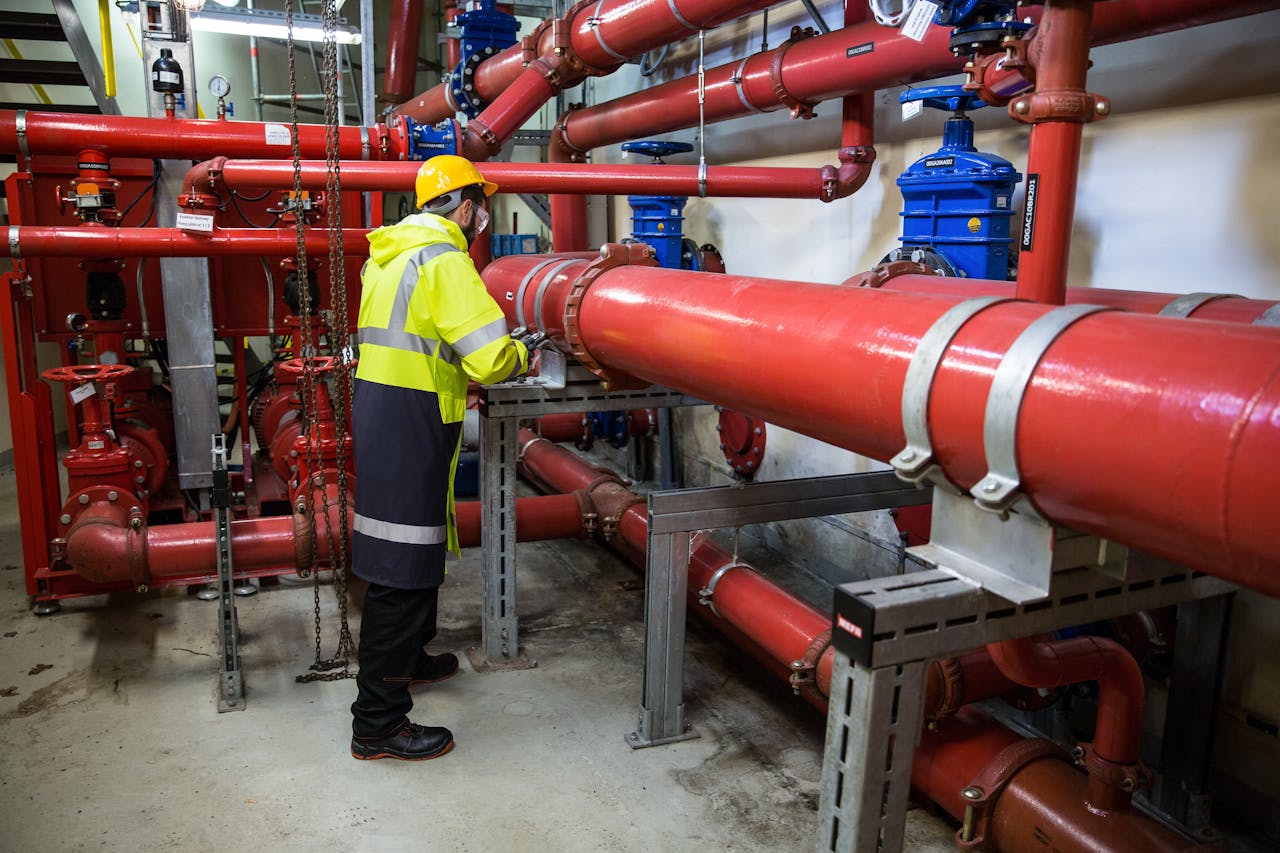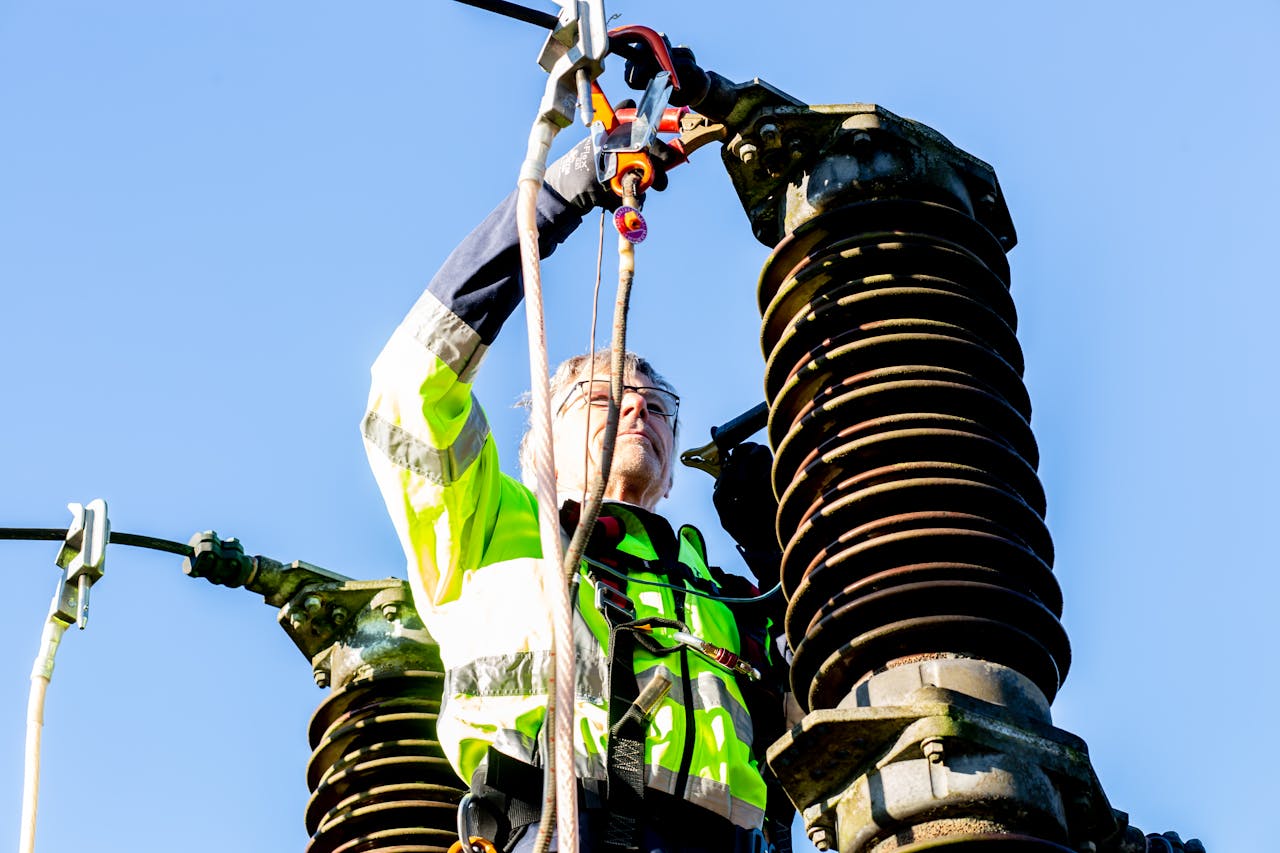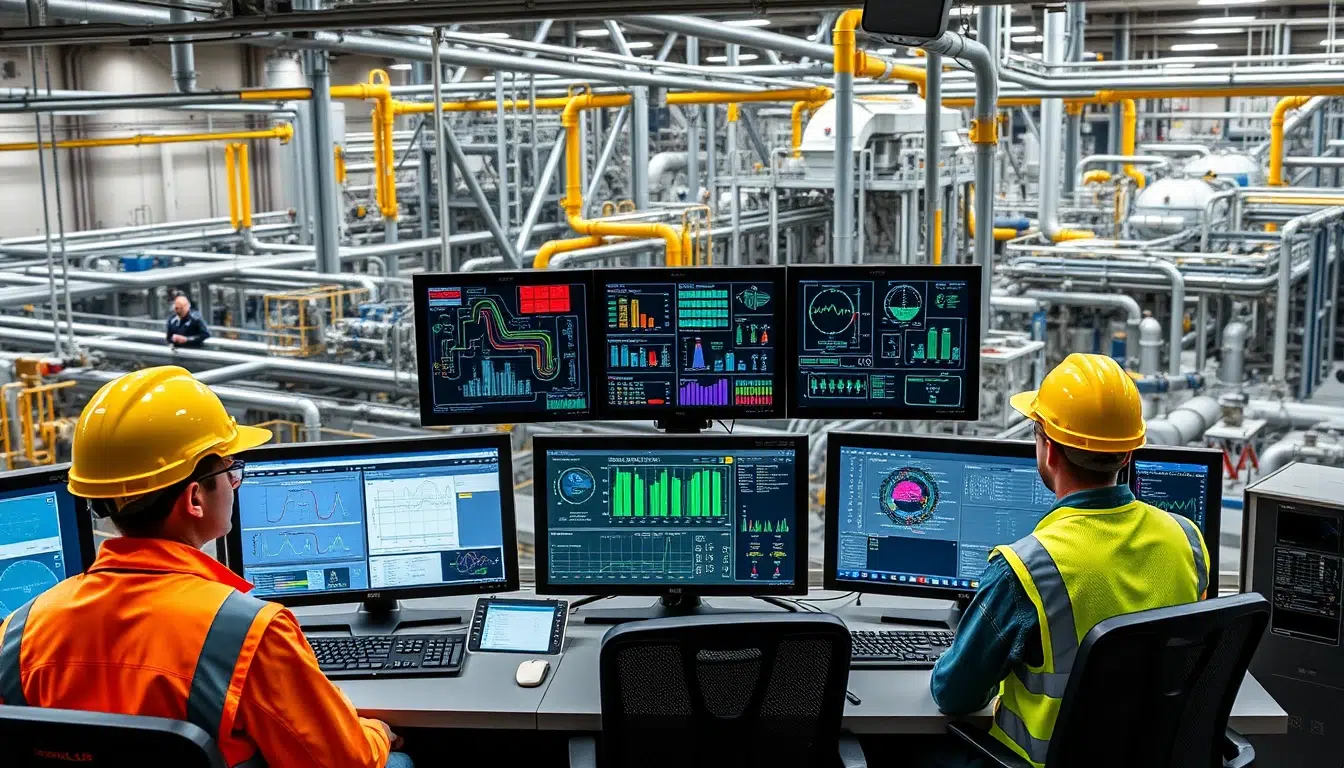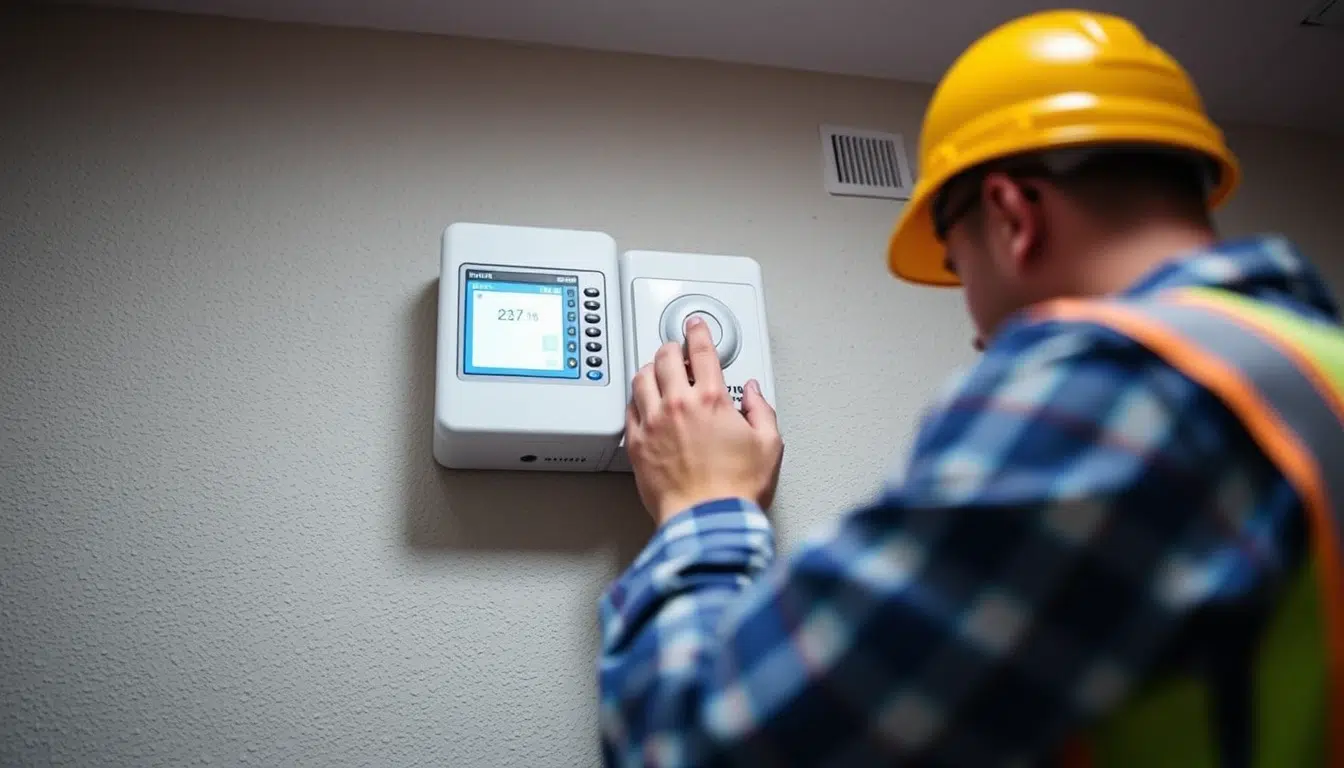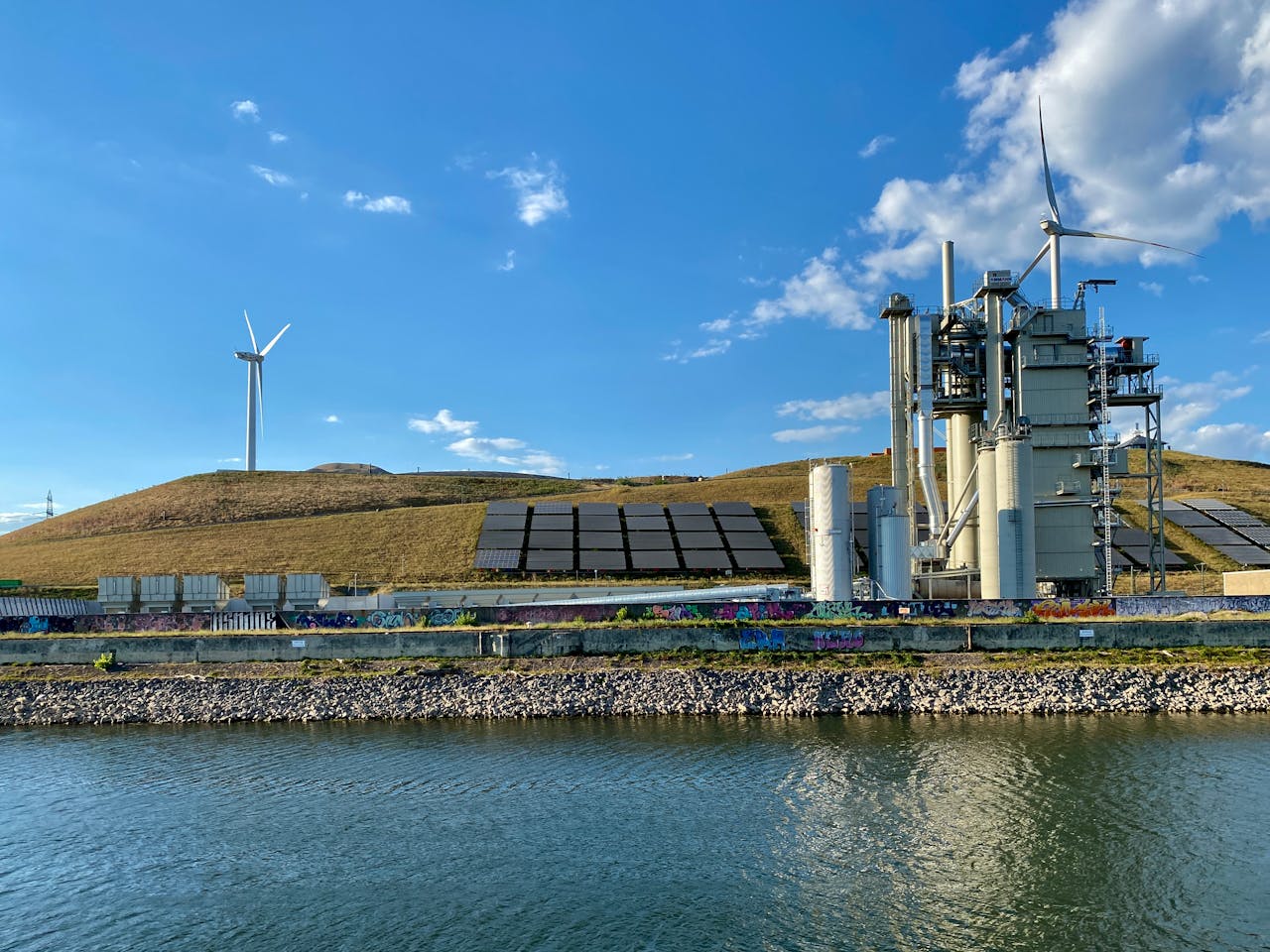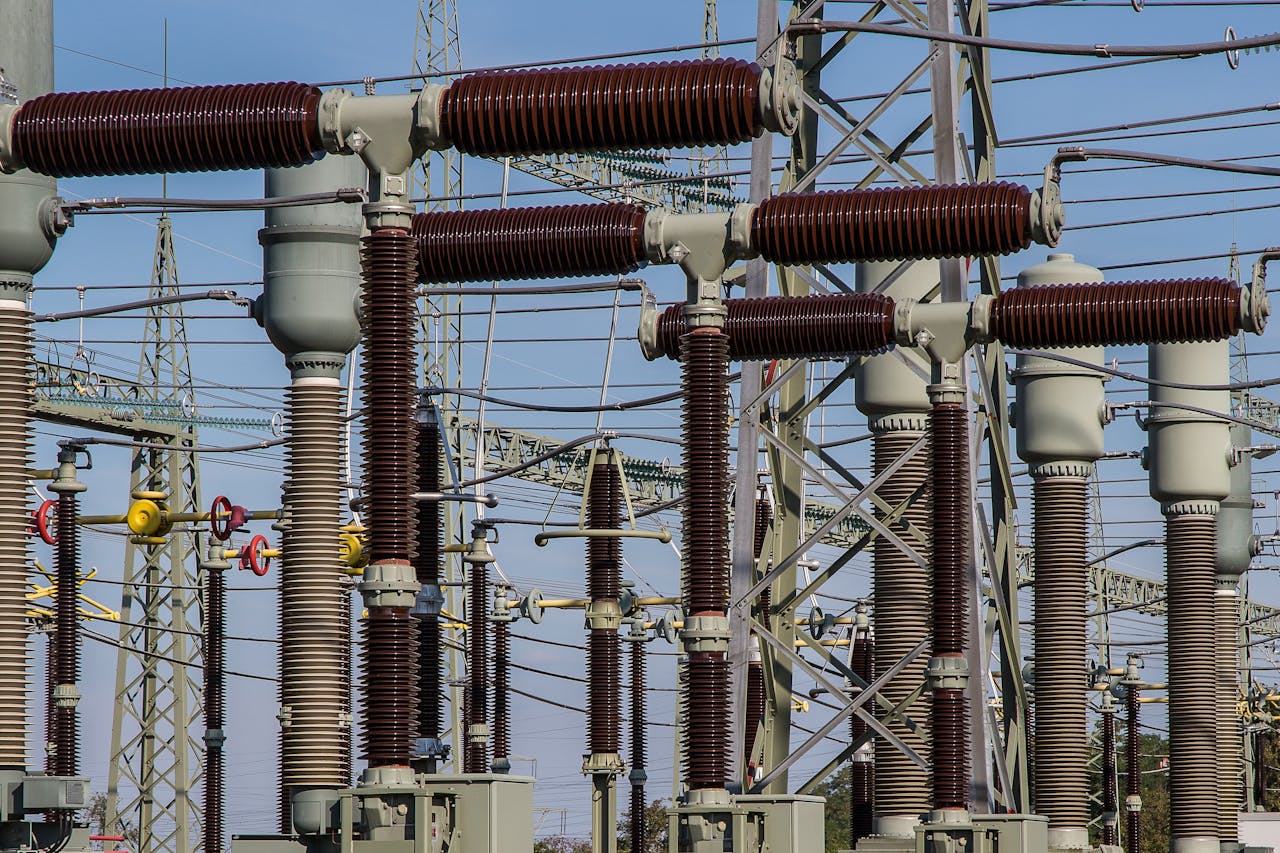Instrumentation and Control Engineering Certification Training Course

| Date | Format | Duration | Fees (USD) | Register |
|---|---|---|---|---|
| 08 Dec - 19 Dec, 2025 | Live Online | 10 Days | $7735 | Register → |
| Date | Venue | Duration | Fees (USD) | Register |
|---|---|---|---|---|
| 10 Nov - 14 Nov, 2025 | Brussels | 5 Days | $6305 | Register → |
| 08 Dec - 12 Dec, 2025 | Dubai | 5 Days | $5575 | Register → |
Did you know that advanced instrumentation and control systems are increasingly integrating artificial intelligence and machine learning techniques, with recent studies showing a 40% improvement in process efficiency when AI-enhanced control strategies are implemented?
Course Overview
The Instrumentation and Control Engineering Certification Training Course by Alpha Learning Centre is meticulously designed to equip professionals with essential skills in advanced instrumentation techniques, control system design, and process control strategies. This course focuses on how professionals can effectively implement sophisticated control systems, troubleshoot complex instrumentation issues, and optimise process performance to ensure comprehensive control engineering excellence in modern industrial environments.
Why Select This Training Course?
Selecting this Instrumentation and Control Engineering Course offers numerous advantages for professionals involved in process control and automation. Participants will gain advanced knowledge of sensors, control theory, and distributed control systems. The course provides hands-on experience with industry-standard instrumentation equipment and real-world control scenarios, enabling attendees to optimise their control engineering strategies effectively.
For organisations, investing in this training enhances overall operational efficiency and ensures better system reliability. Research indicates that implementing comprehensive instrumentation and control frameworks results in enhanced ability to monitor and optimise industrial processes. According to industry experts, modern control systems incorporating advanced techniques such as model predictive control can significantly improve process efficiency, reduce energy consumption, and enhance product quality in manufacturing environments.
For individuals who complete this course, will benefit from enhanced career prospects as they become more valuable assets in their respective fields. Studies indicate that professionals with instrumentation and control engineering expertise can significantly improve their career trajectory as the field requires understanding of both hardware implementation and software integration, while skills in troubleshooting and system optimisation are essential for effective industrial automation.
Transform your instrumentation and control capabilities – Register now for this critical advanced training programme!
Who Should Attend?
This Instrumentation and Control Engineering Certification Training Course is suitable for:
- Instrumentation Engineers seeking certification
- Control System Engineers in process industries
- Automation Technicians looking to upskill
- Maintenance Engineers in control systems
- Project Managers handling I&C projects
What are the Training Goals?
The aim of this course is to:
- Master advanced instrumentation techniques
- Enhance control system design and implementation
- Implement effective process control strategies
- Improve troubleshooting and maintenance skills
- Ensure compliance with industry standards
How will this Training Course be Presented?
The Instrumentation and Control Engineering Certification Training Course delivers comprehensive, hands-on training through proven methodologies designed to maximise learning outcomes and practical skill development. Our expert instructors employ the following methods:
- Practical labs with real instrumentation equipment
- Complex control system simulation exercises
- Expert-led discussions on control theory and application
- Case studies of instrumentation in various sectors
Each delivery method is carefully integrated to ensure participants gain both theoretical knowledge and practical experience. The course structure promotes active engagement and real-world application, allowing participants to develop crucial analytical and strategic skills within a supportive learning environment.
Join us to experience this dynamic and effective learning approach – Register now to secure your place!
Course Syllabus
Module 1: Advanced Sensors and Transducers
- Selection criteria for sensors
- Smart sensors and fieldbus technology
- Calibration techniques for precision measurement
- Sensor interfacing with control systems
- Transducer technologies for harsh environments
- Sensor maintenance and troubleshooting
- Non-contact measurement techniques
Module 2: Control Theory and Applications
- Feedback control principles
- PID control tuning methods
- Cascade, feedforward, and ratio control
- State-space control systems
- Stability analysis of control loops
- Nonlinear control systems
- Model predictive control (MPC)
- Adaptive control concepts
- Multivariable control strategies
- Control system optimisation
Module 3: Programmable Logic Controllers (PLCs)
- PLC architecture and hardware
- Ladder logic programming for complex processes
- Data handling and memory management in PLCs
- Safety PLCs and safety functions
- Integration with SCADA systems
- Troubleshooting PLC operations
- Redundancy and fault tolerance in PLCs
- Communication protocols for PLCs
- Remote I/O and distributed control
Module 4: Distributed Control Systems (DCS)
- DCS system architecture
- Configuration of DCS platforms
- Process graphics and HMI design
- Database management in DCS
- Alarm management strategies
- Operator training and simulation in DCS
- Integration of DCS with plant systems
- Maintenance and upgrade of DCS
- Cybersecurity in DCS environments
- Performance monitoring and diagnostics
Module 5: Process Control Strategies
- Batch and continuous process control
- Sequence and batch control programming
- Statistical Process Control (SPC)
- Advanced regulatory control techniques
- Process dynamics and response analysis
- Real-time optimization
- Control system validation methods
- Control loop performance assessment
Module 6: Signal Conditioning and Conversion
- Analog to digital conversion principles
- Signal filtering techniques
- Amplification and isolation in signal paths
- Error analysis in signal conditioning
Module 7: Control Valves and Actuators
- Valve types and selection criteria
- Actuator technologies for control valves
- Valve sizing and characterization
- Pneumatic, hydraulic, and electric actuators
- Valve diagnostics and maintenance
- Control valve performance in process control
Module 8: Safety Instrumented Systems (SIS)
- Safety Integrity Levels (SIL) and their application
- Design of safety loops
- Functional safety standards compliance
- Fault tolerance in safety systems
- Testing and proof testing of SIS
- Integration of SIS with process control
Module 9: Data Acquisition and Management
- Data acquisition systems (DAS)
- Data logging and storage solutions
- Data analysis for process optimization
- Real-time data visualization
- Historian databases for control systems
- Data integrity and security
- Big data analytics in control engineering
- Data-driven decision-making in process control
Module 10: Calibration and Metrology
- Metrological principles in instrumentation
- Calibration standards and traceability
- Calibration of field instruments
- Uncertainty in measurement
- Metrology for quality control
- Calibration intervals and management
Module 11: Control System Troubleshooting
- Fault finding in control loops
- Diagnostic tools for control systems
- Common control system failures
- Maintenance strategies for control equipment
- Predictive maintenance using data analytics
- Recovery from system failures
- Root cause analysis in control systems
Module 12: Integration with Industrial Networks
- Industrial communication protocols
- Network design for control systems
- Security in industrial networks
- Interoperability of different control systems
- Managing network bandwidth for control applications
Module 13: Control System Documentation
- P&ID, loop diagrams, and control narratives
- Document management for control projects
- As-built documentation practices
- Documentation for regulatory compliance
Training Impact
The impact of instrumentation and control engineering training is evident through various real-world case studies and data, which demonstrate the effectiveness of structured programmes in enhancing operational efficiency and system reliability.
Research indicates that professionals with strong instrumentation and control skills can significantly improve operational outcomes. According to industry studies, the integration of advanced control strategies with modern instrumentation technologies has led to substantial improvements in process performance across various industrial sectors. Recent research demonstrates that implementing model-based control techniques can reduce energy consumption by up to 15% while improving product quality by 25% in continuous manufacturing processes.
These case studies highlight the tangible benefits of implementing advanced instrumentation and control techniques:
- Improved process efficiency through optimised control strategies
- Enhanced system reliability through advanced troubleshooting capabilities
- Increased operational safety through sophisticated monitoring systems
- Strengthened compliance with industry standards and regulations
By investing in this advanced training, organisations can expect to see:
- Significant improvement in control system performance
- Improved ability to handle complex automation challenges
- Enhanced decision-making capabilities in process control
- Increased competitiveness through comprehensive instrumentation and control strategies
Transform your career and organisational performance – Enrol now to master Instrumentation and Control Engineering!

